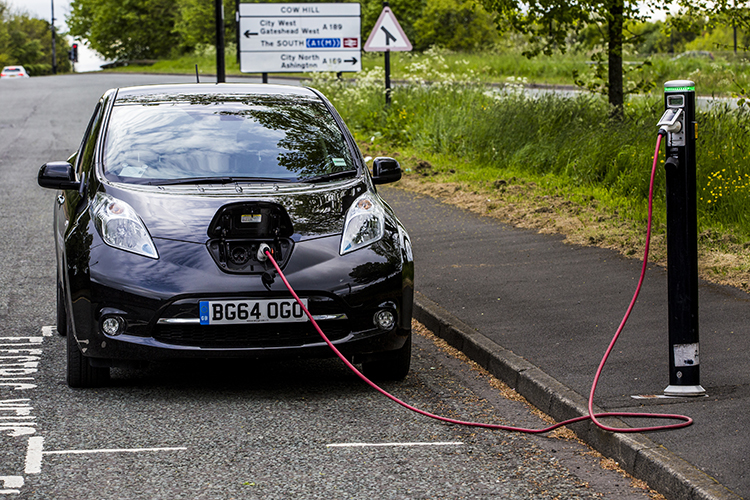DfT announces Motability partnership to set chargepoint standards
- Like
- Digg
- Del
- Tumblr
- VKontakte
- Buffer
- Love This
- Odnoklassniki
- Meneame
- Blogger
- Amazon
- Yahoo Mail
- Gmail
- AOL
- Newsvine
- HackerNews
- Evernote
- MySpace
- Mail.ru
- Viadeo
- Line
- Comments
- Yummly
- SMS
- Viber
- Telegram
- Subscribe
- Skype
- Facebook Messenger
- Kakao
- LiveJournal
- Yammer
- Edgar
- Fintel
- Mix
- Instapaper
- Copy Link
Posted: 30 June 2021 | Intelligent Transport | No comments yet
The DfT says it will work with the disability charity to set accessibility standards for EV chargepoints as the UK’s electric mobility sector continues to rise.


The UK’s Department for Transport (DfT) has announced a partnership with mobility charity Motability to assess and set accessibility standards for electric vehicle (EV) chargepoints.
In partnership with the national disability charity, the DfT has commissioned the British Standards Institute (BSI) to develop accessibility standards for EV chargepoints across the country. These standards will provide the transport industry with guidance and drivers with a new clear definition of ‘fully accessible’, ‘partially accessible’ and ‘not accessible’ public EV chargepoints.
The design of public chargepoints is already carefully considered by operators. However, consistent standards are crucial for drivers to easily identify which chargepoints are suitable for their needs. This could range from adequate space between bollards, charging units being of a height suitable for wheelchair users, as well as the size of the parking bay and the kerb height.
“With sales of EVs increasing and the government’s net zero ambitions accelerating, I want to make it as easy as possible for EV drivers to charge up their vehicles at public chargepoints right across the UK, regardless of their mobility,” said Transport Minister Rachel Maclean.
“We are taking action to provide accessibility guidance to both operators and drivers to make sure that the transition to zero-emission driving will benefit everyone in society as we build back better.”
“As we build back greener, this government is ensuring disabled people are at the heart of our plans,” added Minister for Disabled People Justin Tomlinson.
“As electric vehicles become more popular it is imperative that disabled people have the same opportunities to access them as everyone else. The new accessibility standards for chargepoints will help make this a reality.”
The Office for Zero Emission Vehicles (OZEV), Motability and BSI will be working with industry stakeholders including EV chargepoint operators, disability charities and innovators to ensure that the consumer can find the right chargepoints for their needs.
Barry Le Grys MBE, Chief Executive Officer at Motability, said he was looking forward to working with the UK Government to ensure electric chargepoints are accessible for all.
“There is a risk that disabled people are left behind as the UK’s transition to electric vehicles approaches and Motability wants to ensure that this does not happen. We welcome the interest from government in our research on electric vehicle charging and accessibility and we are excited about our partnership with the Office for Zero Emissions Vehicles to further this work,” he said.
“We look forward to working together to create world-leading accessibility standards and to support the UK’s commitment to achieving zero emissions. Motability looks forward to a future where electric vehicle charging is inclusive for all.”
Related topics
Accessibility, Air Quality, Alternative Power, Infrastructure & Urban Planning, Passenger Accessibility, Passenger Experience
Related modes
electric car
Related cities
UK
Related organisations
British Standards Institute (BSI), Department for Transport (DfT), Motability, Office for Zero Emission Vehicles (OZEV)
Related people
Barry Le Grys, Justin tomlinson, Rachel Maclean








